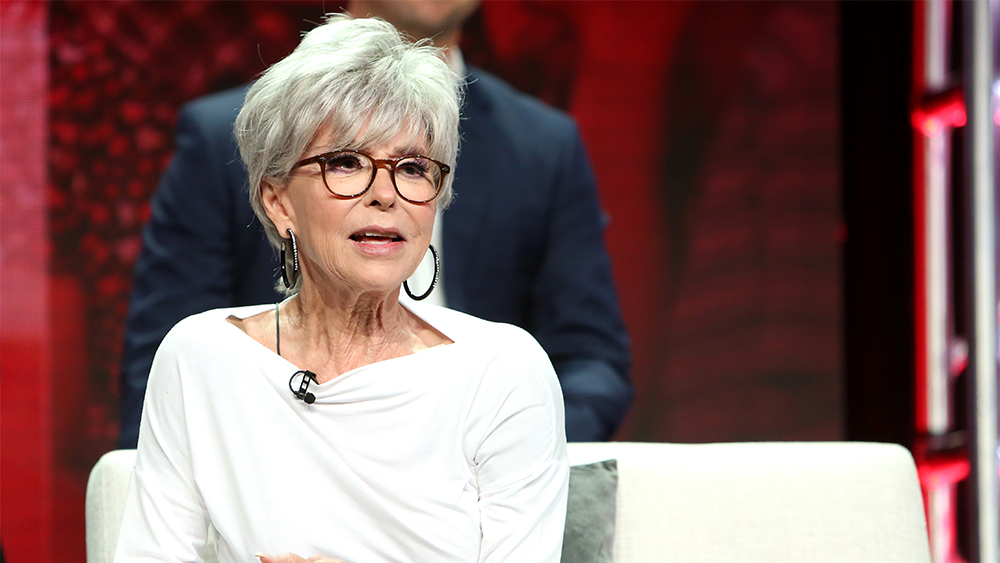‘One Day at a Time’ Team Talks Exploring Immigration and Racism
By Danielle Turchiano
LOS ANGELES (Variety.com) – In its first two seasons, “One Day at a Time” told stories about immigration, but in its upcoming third year, it won’t lean into that issue as heavily.
“By existing, we are political in this landscape,” executive producer Gloria Calderon-Kellett said at Netflix’s Television Critics Assn. press tour panel for the show on Sunday. “We don’t tackle that specific thing this year, but in real life I’m trying to tackle it .”
However, Calderon-Kellett is more concerned with telling stories about the genuine Latinx community’s experience than intentionally headline-ripping. She pointed out that in the show’s first season, when they revealed the character of Carmen (Ariela Barer) to be undocumented, “there was none of this going on” in the news.
However, both she and star Justina Machado noted that “it was something that had been going on in our community.” It wasn’t news to them, but “then this administration happened and now more people are aware,” Machado said.
In the second season of the show, family matriarch Lydia (Rita Moreno) was revealed to also not be a citizen and the show followed her journey to become one. The goal was to “humanize the Latinx experience in this country,” Calderon-Kellett said.
Another way the show wanted to do this in the second season, Calderon-Kellett recalled, was with a story that saw Alex (Marcel Ruiz) hitting a kid who had called him a “wetback,” among other names. Calderon-Kellett said the story was born from a similar experience her own brother had.
“My brother is very dark…and I’m very white-passing, so a lot of times people will say things about Latinos in my presence,” she admitted.
But recently her brother called her and told her he was at the beach in San Diego, Calif. with his kids and “someone told him to go back to Mexico.”
Calderon-Kellett said they were both very surprised because they had lived in the area for a long time and it was a diverse area. But having the show open up a discussion not only about the use of a racial slur against a marginalized person, but also about the misconception that all brown people are from the same place “felt important.”
It was a story poignant for its young cast, as well. Ruiz, who moved to the United States six years ago from Puerto Rico, said that he would often “spend like five hours” trying to explain to the kids at school that there are differences between Greek, Mexican, Dominican cultures.
“[We have a character who’s] brown in a community that’s telling him maybe he doesn’t belong here [so] we will continue to tell those stories, for sure,” Calderon-Kellett said.
Isabella Gomez, who plays Elena, said she and Barer used to have conversations about the industry and how they faced racism, and Gomez’s answer was that she’d hadn’t — “but when I read that script, I was like ‘Oh, I’m white passing. My entire life makes sense.’”
“It was at teaching moment,” she said.

